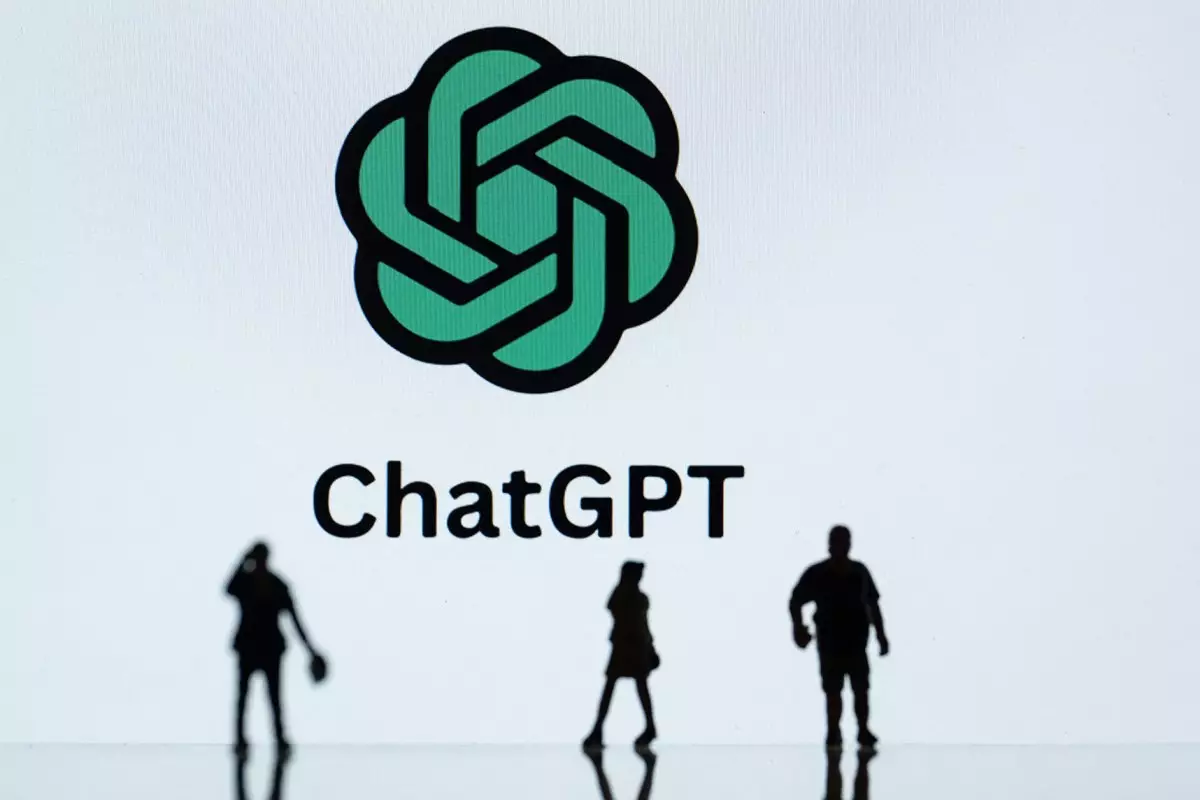OpenAI’s recent alterations to its chatbot platform, ChatGPT, signal a notable shift in the company’s operational philosophy concerning user engagement. The decision to eliminate the so-called “warning” messages is designed to enhance user experience by minimizing what was seen as arbitrary censorship. This move has sparked a dialogue about the balance between freedom of expression and the responsibilities that come with creating AI-enabled technologies. By allowing users to engage with content more freely, OpenAI encourages a broader spectrum of interactions that could lead to richer conversations.
Laurentia Romaniuk, a key figure in OpenAI’s AI model behavior team, articulated that the change aims to avoid “gratuitous/unexplainable denials,” likely reflecting feedback from users who felt overly restricted. The objective here is not merely to provide an unfiltered experience but to create a platform where users feel heard and can explore diverse themes without encounter frequent blocks or denouncements. This strategic shift also positions OpenAI as a more adaptable entity, catering to user needs in an evolving digital landscape.
Despite the apparent liberality of the changes, the core essence of moderation remains intact. While users may find themselves unencumbered by superfluous warnings, the underlying framework is still designed to prevent the promotion of harmful viewpoints or blatantly false assertions. OpenAI maintains that the chatbot will continue to refuse engagement with topics that violate ethical considerations or potentially incite harm. This nuanced approach to dialogue points to a crucial challenge in moderation: how to foster an open environment without compromising safety or accuracy.
It’s worth noting that the timing of these updates coincides with growing political scrutiny surrounding AI and technology companies. Figures such as Elon Musk and David Sacks have criticized OpenAI for perceived biases, particularly asserting that the chatbot represents a “woke” agenda that suppresses conservative voices. By adjusting its policies, OpenAI might be signaling an effort to alleviate these concerns and restore confidence among a segment of the user population that feels misrepresented.
The removal of the warning system could lead to richer, albeit potentially more contentious, interactions within ChatGPT. The shift allows users to engage more freely with a variety of topics, including those that were previously deemed sensitive or inappropriate, such as mental health issues and erotica. Users are now able to explore creative roleplay scenarios with the AI, which raises questions about the ethical implications of enabling such content. This newfound freedom may attract a more diverse user base but also necessitates careful consideration of content boundaries.
OpenAI’s decision to remove warning messages from ChatGPT not only reflects a commitment to user autonomy but also navigates the complex landscape of moderated AI interactions. By acknowledging the need for a more flexible engagement framework, OpenAI seems poised to stimulate innovation and user satisfaction while still grappling with the responsibilities that accompany such change. As the boundaries of AI tools continue to expand, maintaining a balance between freedom and ethical responsibility will remain at the forefront of the conversation in AI development.

